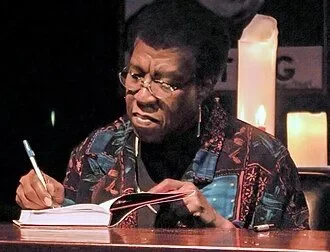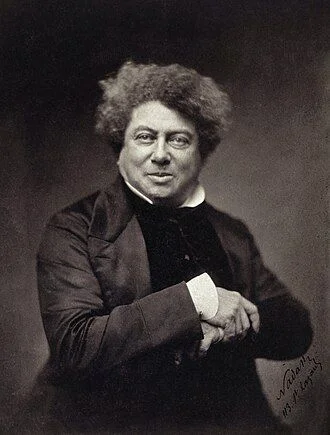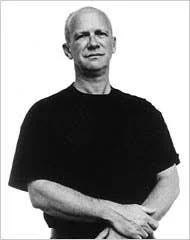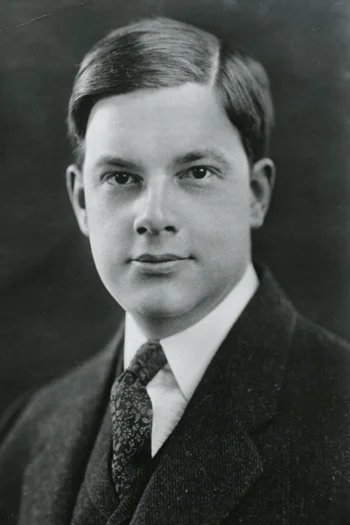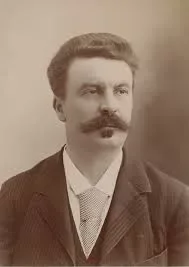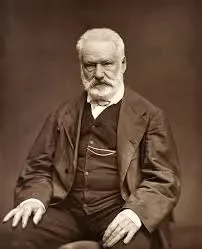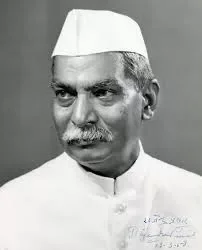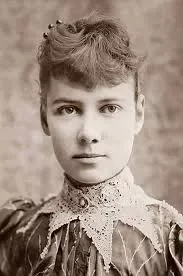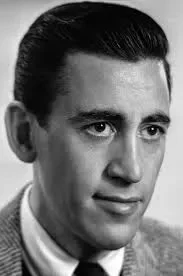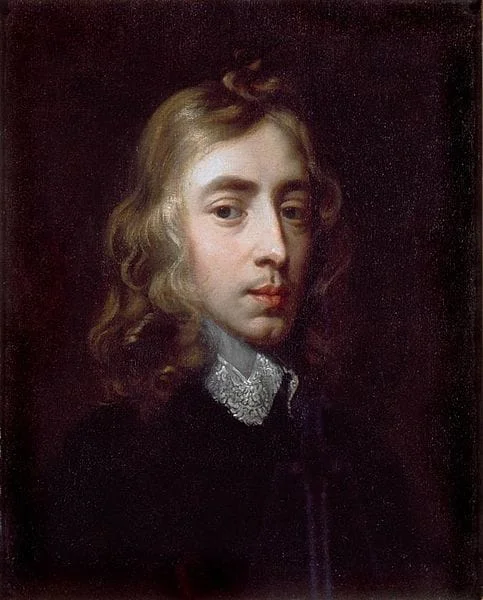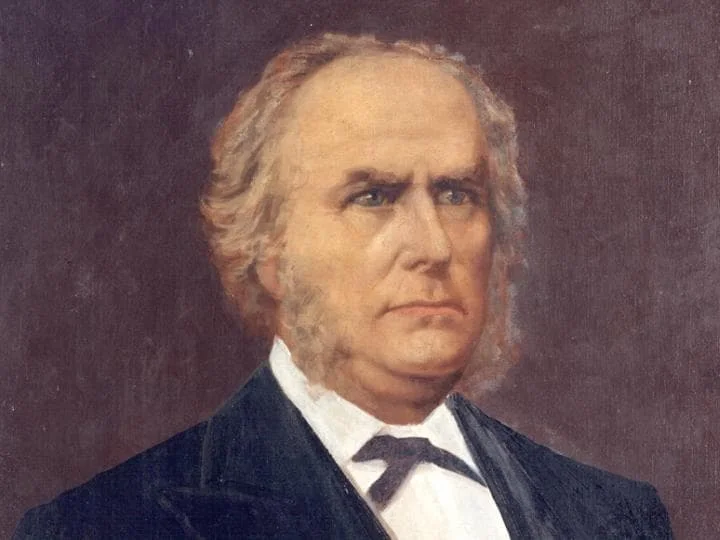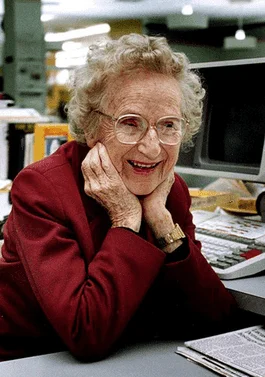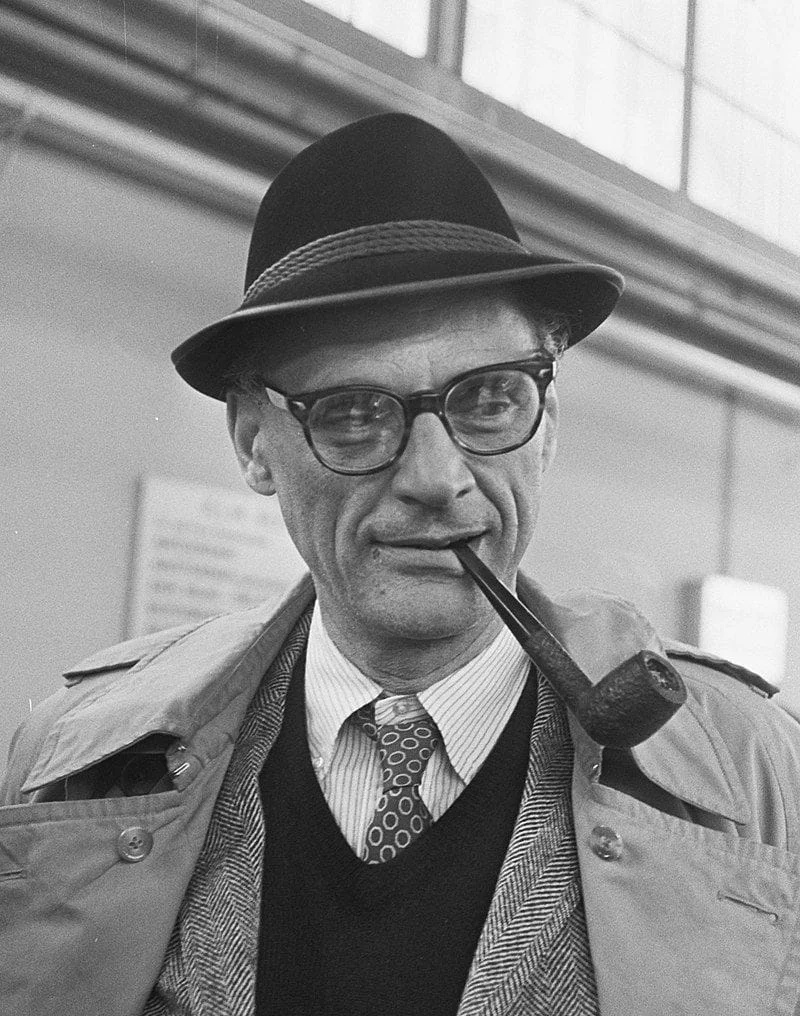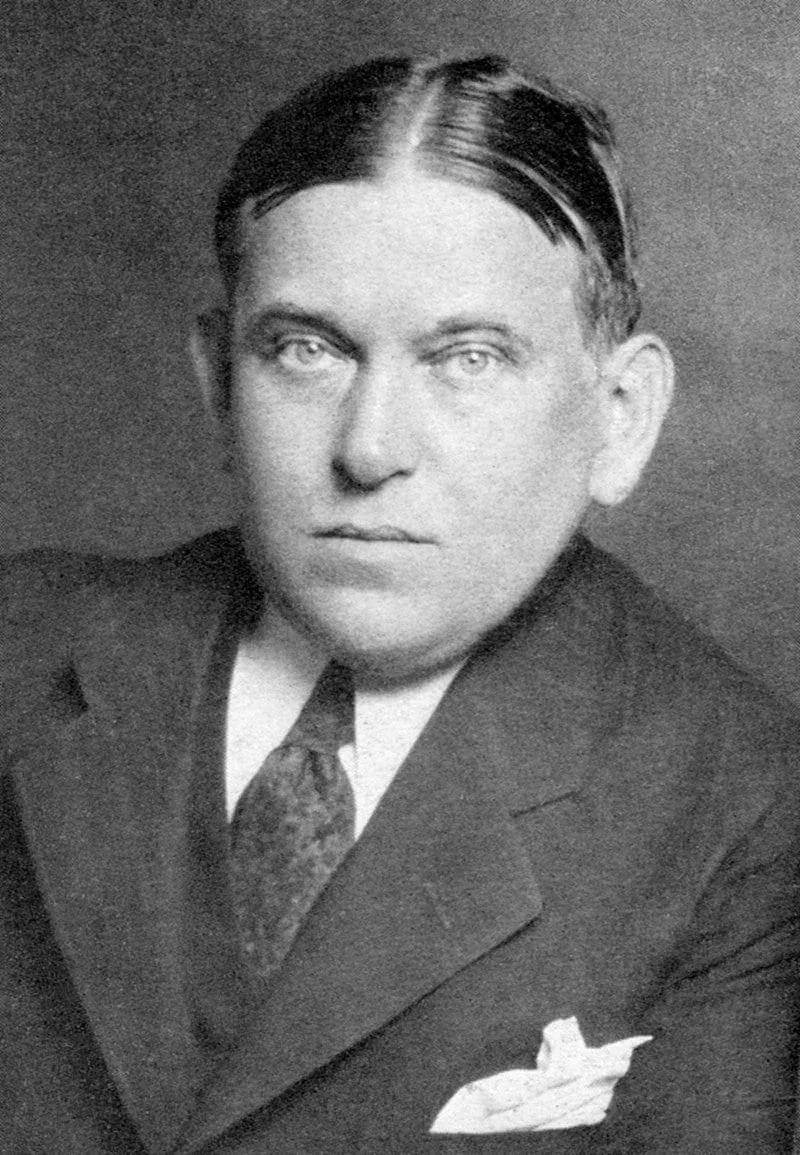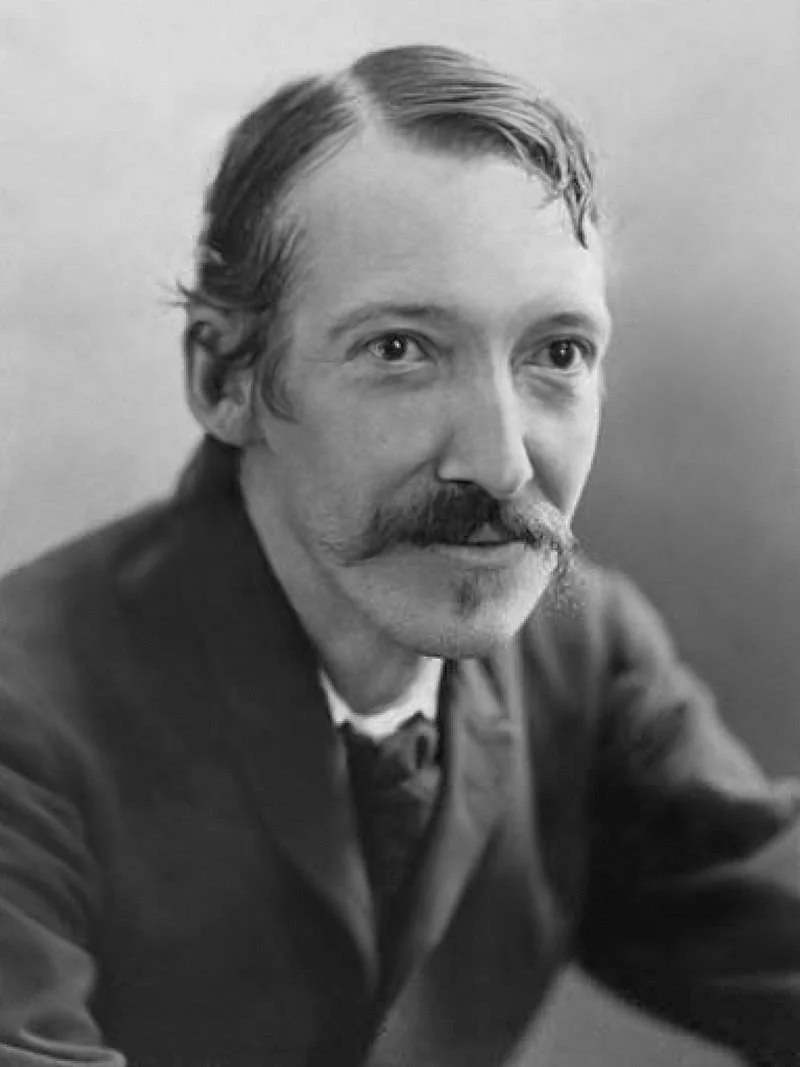Real Celebrities Never Die!
OR
Search For Past Celebrities Whose Birthday You Share
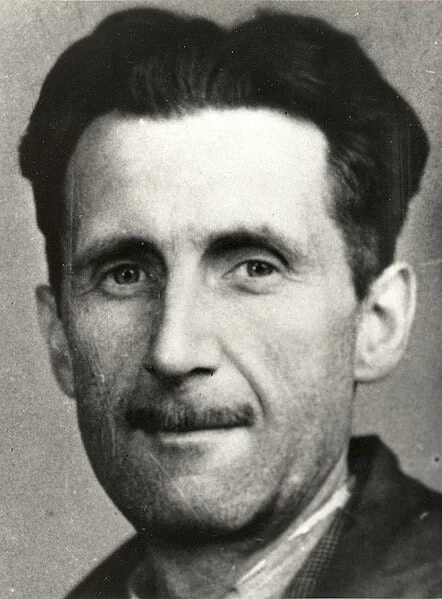
source:wikipedia.org
George Orwell
Birthday:
25 Jun, 1903
Date of Death:
21 Jan, 1950
Cause of death:
Complications of tuberculosis
Nationality:
British
Famous As:
Essayist
Age at the time of death:
46
George Orwell's Quote's
Early Life and Background
George Orwell was an influential English writer known for his thought-provoking novels, essays, and journalism. Born as Eric Arthur Blair on June 25, 1903, in Motihari, Bengal Presidency, British India (now known as India), Orwell lived a life dedicated to speaking out against injustice and totalitarianism.
Family and Education
George Orwell was raised in a family with strong ties to the British Empire. His father, Richard Walmesley Blair, served as a civil servant in the Opium Department of the Indian Civil Service. The family returned to England in 1904, where Orwell attended various boarding schools, including St. Cyprian’s School in Sussex. His experiences and feelings of social injustice and snobbery at these schools greatly influenced his later writing.
Early Career in Burma
After completing his education at Eton College, Orwell joined the Indian Imperial Police in Burma (now Myanmar) in 1922. However, his experiences as a police officer and witnessing the oppressive nature of British colonial rule in Burma further shaped his growing disillusionment with imperialism and class-based societies.
Adopting the Name George Orwell
In the 1930s, Eric Blair adopted the pseudonym “George Orwell,” under which he would become known worldwide. Orwell’s first notable literary success came with the publication of *Down and Out in Paris and London* in 1933. This work was inspired by his own experiences of poverty and social deterioration in these cities.
Involvement in the Spanish Civil War
Orwell then took part in the Spanish Civil War as a member of a left-wing militia group fighting against General Francisco Franco’s fascist forces. This experience led him to write his famous account of the war, *Homage to Catalonia* (1938). Orwell’s time in Spain also solidified his anti-totalitarian beliefs and his unwavering commitment to democratic socialism.
Iconic Novels: Animal Farm and Nineteen Eighty-Four
George Orwell is perhaps best known for his novels *Animal Farm* (1945) and *Nineteen Eighty-Four* (1949). *Animal Farm* is a biting allegory of the Russian Revolution and the rise of Stalinism, while *Nineteen Eighty-Four* presents a dystopian future where a totalitarian regime exercises absolute power over its citizens. Both works continue to be cited as classic examples of political allegory and warnings about the dangers of unchecked authority.
Influential Essays and Non-Fiction
Orwell’s non-fiction works were equally influential. He wrote numerous essays and articles that explored topics such as social injustice, class disparity, and the nature of political power. His clear and lucid prose, combined with his unapologetic critique of political oppression, made him a potent voice for truth and justice.
Death and Legacy
George Orwell’s life was tragically cut short by tuberculosis at the age of 46. He passed away on January 21, 1950, in London, England, due to complications from tuberculosis. His relentless dedication to truth and his unyielding opposition to totalitarianism have continued to inspire generations of readers and writers. Orwell’s influence can be seen in popular culture, academic circles, and political discourse.
Enduring Influence
Orwell’s legacy as a critical thinker and writer lives on through his books and essays, which remain relevant in contemporary society. His ability to capture the complexities of power, control, and the struggle for freedom has solidified his place in literary history.
Name:
George Orwell
Popular Name:
George Orwell
Gender:
Male
Cause of Death:
Complications of tuberculosis
Spouse:
Place of Birth:
Motihari, Bengal, British India
Place of Death:
London, England
Occupation / Profession:
Personality Type
Mediator: Poetic, kind and altruistic, always eager to help a good cause. Orwell was known for his analytical thinking, curiosity about the world, and concern for truth.
Orwell fought in the Spanish Civil War as a member of a leftist militia.
Orwell often lived in modest conditions, even when his writing career brought him success and widespread acclaim
Orwell's novel "Animal Farm" was initially rejected by multiple publishers before finally being published in 1945. It has since become one of his most famous and enduring works.
Freedom of the City of London (1947)
Medal of Freedom (1946)
Prix Italia (1949)


